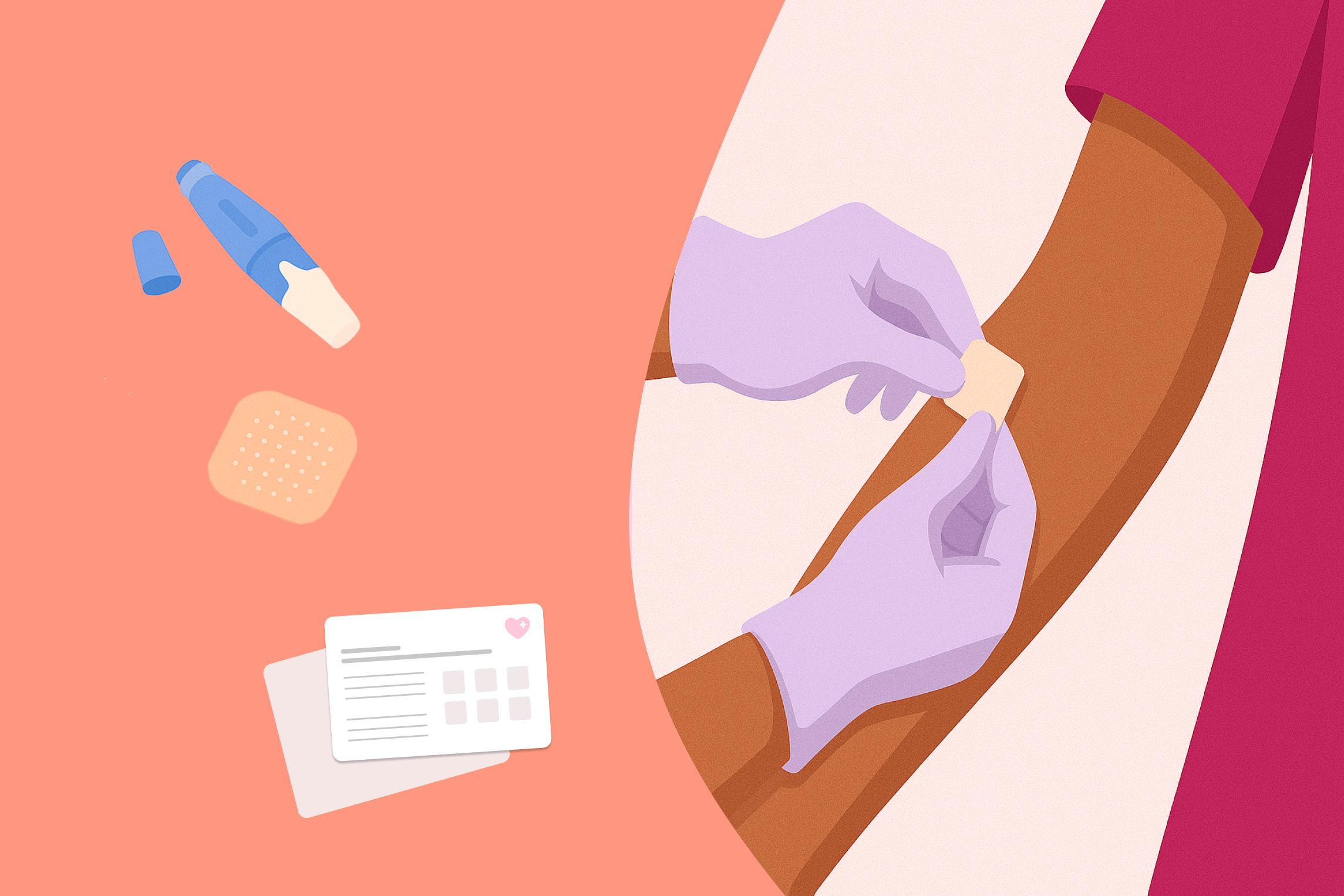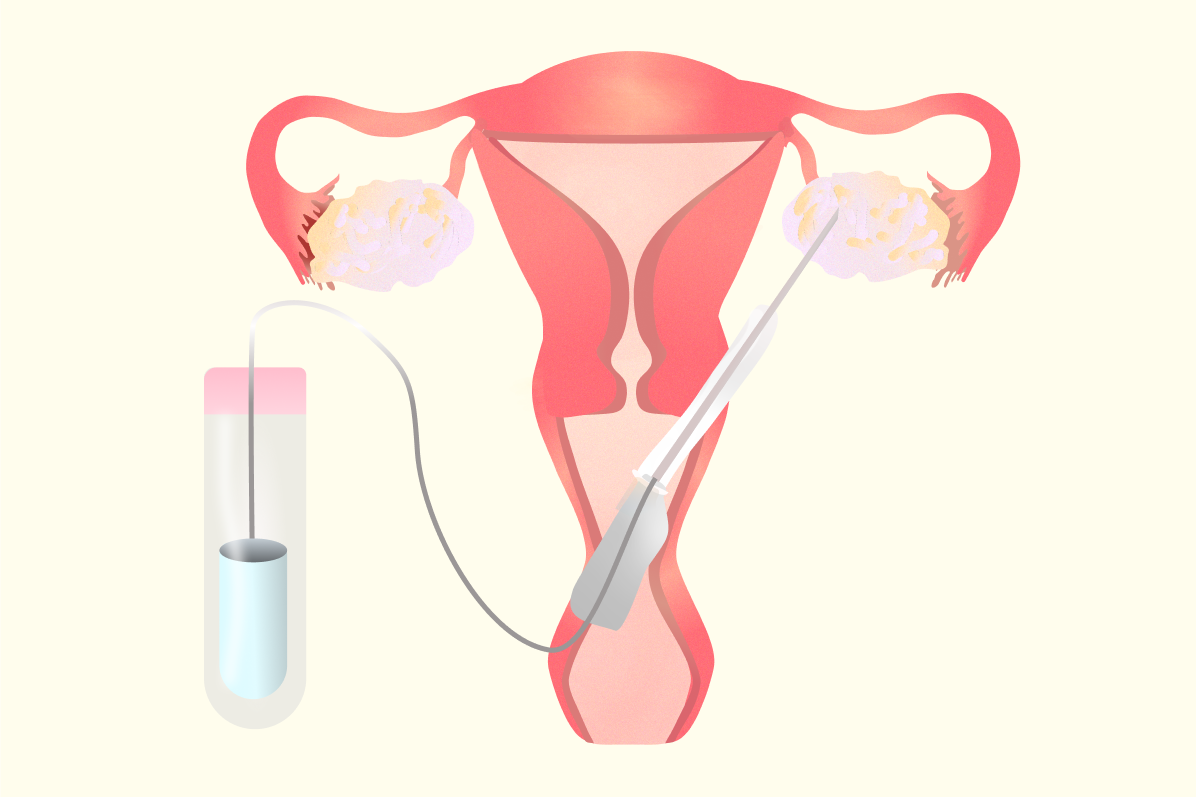In an eggshell...
- Egg sharing is great way to afford egg freezing, but the catch is that you donate half of your eggs
- Not everyone can share their eggs: clinics have strict rules!
- Egg sharing can be an emotional process
- Children born from your eggs can contact you when they're adults
You’ve probably heard of egg freezing or donation, but egg sharing?
It's a treatment option where you get discounted costs, and also opt in to donate half the retrieved eggs.
But what are the benefits? And how can you qualify for an egg-sharing cycle?
Wait, don’t put your research hats on yet 🎩
We got you all the details from our medical team and clinics to curate this guide on egg sharing programmes in the UK!
How does egg-sharing work?
Essentially, egg sharing is a type of egg donation. You get to keep half of the eggs retrieved in your cycle either to be frozen or for IVF (In vitro fertilization), and donate the other half.
When you choose to go for an egg-freezing cycle or fertility treatments such as IVF, some clinics offer you the option to reduce costs by opting for egg-sharing cycles.
But in order for egg share to take place, there needs to be a minimum number of eggs retrieved in your cycle, which your clinic will have a discussion with you about.
But if enough eggs aren’t collected, you’ll get the option to either use or store all the eggs retrieved, at the agreed discounted cost.
If you then consent and opt for this, you’ll be able to start your egg-freezing journey at a discounted cost.
How do I know if I'm eligible to share eggs?
For starters, you need to be considering an egg-freezing cycle or fertility treatment and also consent to the egg-sharing procedure.
It’s also an amazing opportunity to help another struggling family, or women who have a low ovarian reserve, undergoing chemotherapy, etc.
And since this is a type of egg donation, there are some similar criteria that apply:
- 35 years or under (as egg quality rapidly declines in your late 30s and 40s, these guidelines are issued)
- Undergo ovarian reserve tests such as AMH (Anti Mullerian hormone) testing and ultrasound tests such as AFC (antral follicle count)
- Be screened for viral diseases such as HIV, Hepatitis C and B, CMV and test for syphilis
- Undergo genetic testing to rule out any inherited genetic diseases such as cystic fibrosis
- To undergo genetic counselling before the procedure
- Should be non-smokers and non-alcoholics
Does the NHS offer egg-sharing programmes?
Yes, some clinics under the NHS do offer egg-sharing programmes. However, there might be some modifications to existing regulations such as:
- An age cutoff of 32
- A BMI requirement
- A minimum requirement of 6 eggs to be retrieved for the egg-sharing programme
If you choose to go for egg sharing at an NHS-affiliated hospital, you can get in touch with them for associated costs and treatment steps.
How much does egg sharing cost?
Egg sharing can cost anywhere from £400-700 on average, depending on the clinic that you choose to get it at. The package involves:
- Pre-treatment screening blood tests
- Ultrasound scans
- Egg retrieval procedure
- Laboratory procedures
- Clinical advice
There might be add-ons or changes depending on the clinic chosen.
Can you contact the person receiving your shared eggs?
Unfortunately, no. As per the HFEA, it’s not possible for you or the recipient to find out any identifiable information about each other. As per UK law, the woman giving birth to the child is legally recognised as the mother.
Since the HFEA does keep information such as the donor’s name, age and last known address, it is possible for the child conceived with donor eggs to reach out to you when they turn 18.
Five Important things to know about egg sharing
- You can change your mind until the egg is fertilised and implanted. If this happens, you might have to cover the costs.
- If you want to, you can find out whether the person you’ve shared your eggs with has become pregnant. You can also apply to know the number of children born, the gender and year of birth, but you cannot get any other identifiable information.
- The number of recipients, as per the HFEA will not be more than two, excluding the sharer
- Clinics have different egg-sharing programmes. Costs, procedures, and the minimum number of eggs needed for sharing vary. Make sure to ask about this before proceeding.
- As per the law, clinics should offer you counselling before the programme starts
- Yes, egg sharing can be great. It can be an emotional process. Consider counselling and understanding how it would feel if egg freezing led to a successful pregnancy for your recipient, but not for you?
Egg Sharing & Freezing in the UK, via Amilis
If you’re opting for an egg freezing cycle, and are looking to reduce costs, you’ve come to the right place.
Whether you choose egg sharing or not, Amilis can help you from start to end with reduced costs, free consultations and support from experts at every step of the way,
And here’s exactly how:
- Check out our partner clinics that offer egg-sharing programmes
- Affordable AMH tests, PCOS and full hormone panels in the UK (50% less than private clinics!)
- Free consultations with top, vetted fertility clinics in London (chat with a fertility specialist, with zero appointment fees)
- Get free mini consultations with top fertility specialists in the UK
If you’re not there yet, there’s still a our egg-freezing quiz that you can take to get started.
We’re here to help you on your fertility journey, and to help you make the right, informed choices 🫶








.png)

